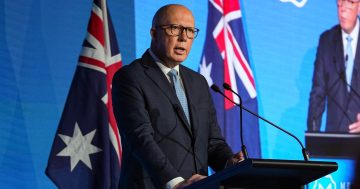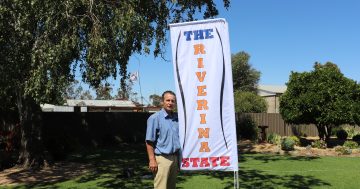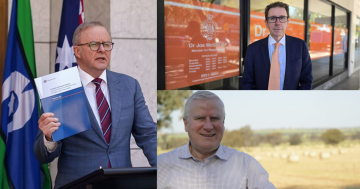NORTHERN IRELAND
 David Sterling, who has led the Northern Irish Public Service through three of the most tumultuous years in its history, says he will retire in August 2020.
David Sterling, who has led the Northern Irish Public Service through three of the most tumultuous years in its history, says he will retire in August 2020.
Mr Sterling (pictured) has worked in the Public Service for more than 40 years, after joining in 1978.
He said the past three years have been among the “most challenging and difficult”.
The former head of the Department of Enterprise Trade and Investment alluded to difficulties following the collapse of the Provincial Government.
Northern Ireland has been without an Executive Government since January 2017, when the governing parties – the Democratic Unionists and Sinn Féin – split in a bitter row.
“We have found ourselves in the unique situation of working without Ministerial direction to keep public services running and deliver the best possible outcomes for our people at a time of unprecedented challenge,” Mr Sterling said.
“The enormity of the task has put significant pressure on the Northern Ireland Civil Service and I am proud of the way we have responded.”
He said that throughout his career, he had been impressed and humbled by the work of Public Servants across Departments.
“It has been an honour and a privilege to lead the organisation during these exceptional times,” Mr Sterling said.
During his time in the job Mr Sterling has repeatedly expressed frustration with the lack of an Executive.
In May 2018 he said there was a “lack of clarity” on what decisions Departments could make in the absence of Ministers.
He also appeared before the Renewable Heat Incentive inquiry, which was set up because of concern over scheme’s huge projected overspend.
He apologised for “multiple failings” in the flawed green energy scheme.
He offered a “profound and unequivocal” apology for the mistakes made and promised that lessons would be learned to prevent it from ever happening again.
He stuck his head above the parapet when commenting about the United Kingdom’s impending departure from the European Union (Brexit), warning a no-deal Brexit could have grave consequences for the Province.
Belfast, 8 December 2019











